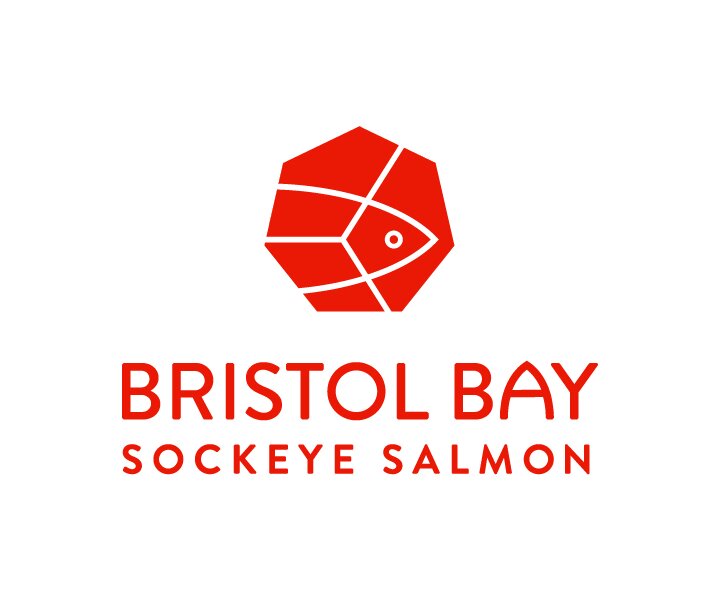BBRSDA Statement on Market Conditions
/The 2020 Bristol Bay salmon season has been extremely different than any other season in the fishery’s long history. After enduring a lot of challenges, the sockeye finally showed up and the industry achieved its goal of having a safe and successful season. We should all recognize and celebrate this accomplishment, as things have gone differently in many other fisheries and economic sectors. However, the base ex-vessel price of $0.70/lb. (announced on July 22) represented a 48% decline from last year’s base ex-vessel price, and has understandably created anger and confusion among fishermen.
BBRSDA’s Board and staff members have been busy gathering input from many fishermen, as well as processing companies. An updated collection of market data has been added to our Market Value & Info page, and we encourage fishermen to read through those materials. There you will find as much market information and analysis as we can provide at this point in time, but because of the unique factors affecting this season the data we have cannot fully explain why the base price came in so much lower this year. Increased costs and market risk for processors due to COVID-19 are certainly important factors, as is potentially the poor salmon runs occurring elsewhere in Alaska. In addition, the compressed run and smaller average fish size impact market value as well. Processing companies, who are selling into the market each day, are in the best position to explain how these factors affect ex-vessel price. And they have been forthcoming about what market conditions are like at the moment, and what sort of challenges they are facing. However, at a time as sensitive as this, BBRSDA believes it would be more appropriate for fishermen to directly engage their processors about market conditions and where things go from here.
The good news is that consumer demand for Bristol Bay sockeye appears robust, although COVID will probably lead some buyers to be more risk-averse than they otherwise might be. We believe marketing and quality improvement efforts of the entire industry have paid off, and up until the past few weeks, the ex-vessel value trajectory clearly supports that conclusion. Retail prices of sockeye fillets are higher than they have been since at least 2011 (the extent of our data), and probably higher than they ever have been. Most sockeye is sold at retail outlets, whether domestically or in export markets. COVID has reduced restaurant and food service traffic globally, so more consumers are preparing food at home which is a good thing for the Bristol Bay sockeye industry. However, it is important that fishermen understand there will be stiff pricing competition (globally) from farmed salmon during this sales season. The same factors which are pushing more spending towards retail are also pushing more farmed salmon supply into the retail sector, and as a result farmed salmon prices are down significantly since January. It will be some time before the 2020 pack of Bristol Bay sockeye is sold, and we’ll just have to wait and see how those sales progress. Conversely, sockeye buyers should be aware than supply will probably be down sharply in 2020. Alaska’s sockeye harvest is 18% behind last year’s pace, Russian harvests are very far behind previous years, and it is unlikely that commercial sockeye fisheries will even open in Canada.
We encourage fishermen to communicate with their processors. While each sector is its own collection of profit-maximizing businesses, the fishery doesn’t work unless both sectors are sustainably profitable. Rather than having this stressful situation slide into the familiar tendencies of the past, it is BBRSDA’s hope that fishermen and processors can become even stronger partners during this crisis. Achieving that will require transparency, communication, and a commitment towards preserving the partnerships which have grown stronger in recent years, and that won’t be easy.
BBRSDA clearly and consistently heard frustration over the practice of “open fish tickets” where the fleet operates without knowing what price they will be paid until the fishing is almost complete. As a fishermen’s association, BBRSDA would also like to see this issue addressed well in advance of next season and is committed to offer support in whatever way possible. The most direct way to do this would be to have processors engage their fleet (or a group of representatives) in confidential discussions about how to create a pricing agreement that works for both sides. Anti-trust laws prevent this from happening in a collective manner, but processing companies and the fishermen they do business with are certainly free to enter into such agreements. Fishermen take enormous risk by fishing without knowing what they’ll be paid, but processors also incur a lot of risk by paying for most of the pack upfront without knowing what they’ll eventually be paid for their sales. There’s cash flow timing and market risk issues here which makes pricing volatile, and this has obvious negative impacts on both fishermen and processors. A pre-season pricing agreement would likely reduce risk and volatility. BBRDSA will seek to support this effort in whatever way possible, but it will obviously require a commitment from individual processing companies to work with their fleets on such an arrangement.
BBRSDA will be holding a webinar for members on August 26th at 5:30pm AKT. We will provide a market update, report on efforts to seek expanded financial assistance, and inform members about what options BBRDSA is pursuing to address fish prices. Please see the ‘Upcoming BBRSDA Meetings & Events’ section on our website for details as we get closer to 8/26/20.
Note: BBRSDA members may request a “fishermen’s list of questions for processors” drafted by BBRSDA, to use as a communications aid in conversations with processors. Email info@bbrsda.com to request the list of questions, and please include your S03T permit serial number.




